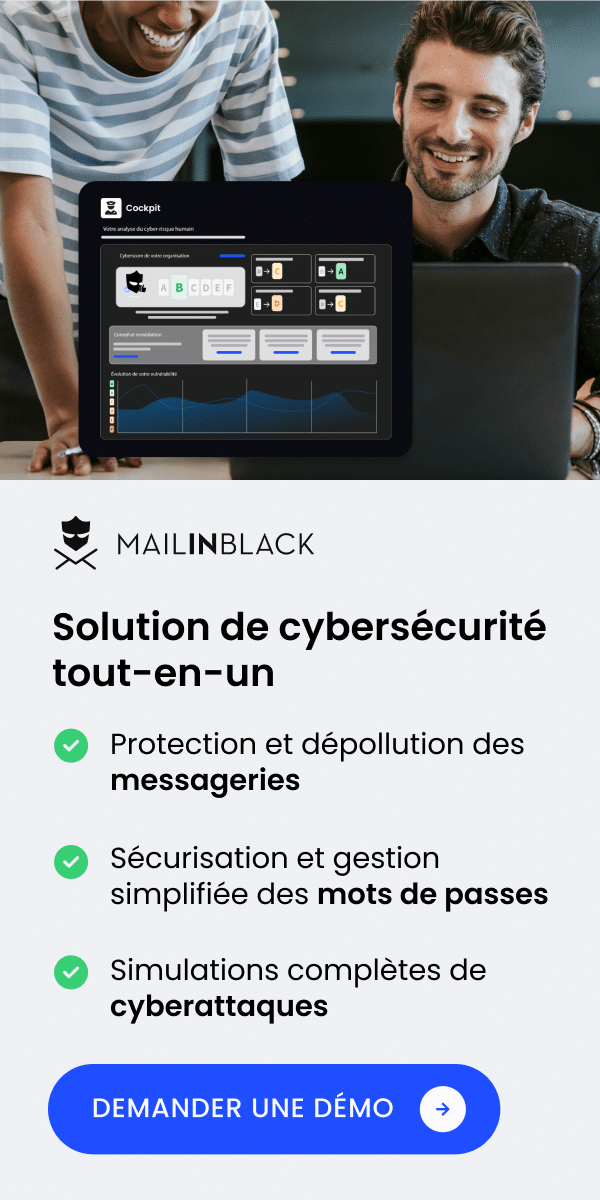Ethereum futures are an agreement between two parties to sell or buy the crypto-currency at a specific date and time at a specific cost. Futures contracts have been commonplace in the investment world for many years. Recently, they have also entered the digital currency business.
The special feature of forward contracts is that after the expiry of the date specified in the agreement, the digital parts are acquired/sold at a given price, despite changes in the market price. Each of these agreements is concluded for a specific number of pieces.
Futures contracts on Ethereum allow you to speculate on the estimated price of a coin without owning it. The essence of the operation is very common to that of traditional investment assets. A trader can go long if he expects Ethereum to rise. If the ETH is already there and the price is about to fall, you take a “short” position to mitigate potential losses (hedging).
The primary benefit of Ethereum futures for US users is the ability to trade them on the CME regulated market. This is a good option for those who are worried about the legality of working with crypto-currency exchanges. Another important advantage is that you can earn money on Ethereum price changes without the need to store coins.
What are futures contracts for?
Futures contracts are used to make money by speculating and hedging. Speculation is the process of profiting from rate changes, while hedging is the process of reducing the risks associated with volatility.
When hedging, a trader takes a position that will compensate for the loss if rates fall sharply. In this way, a balance is maintained between profits and losses. Speculation means that the trader’s main objective is to generate income from bets in the direction of the coin’s price.
The first crypto futures contracts were launched in December 2017, right at the peak of the previous bull market. Naturally, they were launched on Bitcoin. And now, more than three years later, a similar trading instrument is possible for Ethereum. If you want to сonvert ethereum and bitcoin to start trading the new futures option, you can do so with just a few clicks using Godex’s convenient, anonymous platform.
Types of futures contracts
Deliverable futures contract
This is an agreement whereby the buyer is obliged to buy, while the seller is obliged to give the specified number of pieces after expiration. The cost of delivery is that which was fixed at the last moment of the negotiation. If the buyer does not receive the assets on time, the exchange imposes fines.
Cash Settlement Futures
It is a financial tool that does not involve the direct transfer of crypto-currencies. It is applied for speculative purposes only. The calculation is based on the difference between the value specified in the agreement and the actual value at the time of the expiration date.
Both options have common characteristics. Their parameters are indicated in the contract specification established by the exchange. Both parties are liable to the exchange until the expiration of the futures contract.
How do Ethereum futures contracts work?
Ethereum futures contracts represent a commitment to sell or buy ETH in the future. Here is an example of how it works. Let’s assume that the current Ethereum price is $1,500. The trader believes the price will increase to $2,000 in the future. He buys perpetual or quarterly contracts while waiting for rates to rise. Thus, he acquires the obligation to purchase ETH at the market price at the time of contract expiration.
If the rate reaches the level set by the trader, he will profit from the sale of the contracts (he can also hold the perpetual futures for a while if it is obvious that the price will rise further). On the other hand, if the rate did not reach the target and fell below the purchase price, the trader loses out.
You can buy and sell Ethereum futures at any time and make money on the downward and upward trends.
How to trade Ethereum futures on CME?
If you want to trade Ether futures on the CME, there are two methods you can consider. The first is to contact a registered futures broker and create an account. Once the registration is complete, you can start trading. Simply tell your broker how many contracts you want to buy or sell. You will also need to choose an expiry month. The second option is to trade on the CME without an intermediary through CME direct. 388 contracts were opened on CME on the first day after the launch of Ethereum futures. Total trading volume reached ETH 19,400 ($33 million). Chicago exchange officials said demand for the new derivative was overwhelming.



